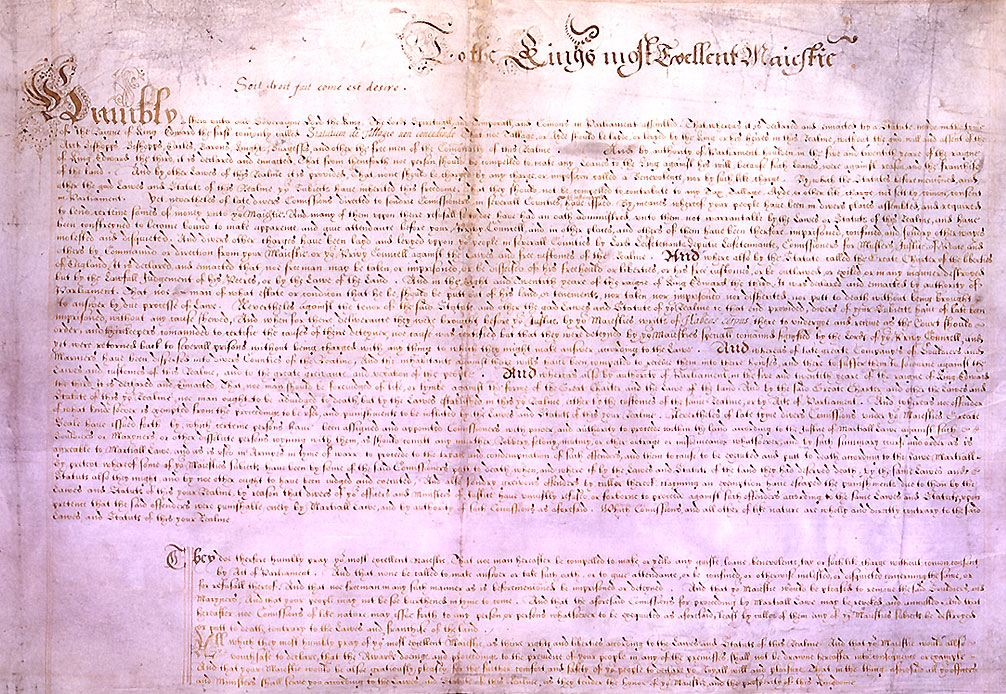Hi Everyone,
It’s July, and with this month every summer comes national celebratory days in several countries. Canada celebrates Canada Day on July 1. The United States celebrates their Independence Day on July 4. And France celebrated its Bastille Day earlier this week on July 14. So all the celebrations of the past few weeks (as well as some research I’ve been doing on the Napoleonic Wars) led me to ask a few questions about our Regency men and women.
The Americans had their Constitution and Bill of Rights by this point, and the French had their Declaration of the Rights of Man as well as Napoleon’s Civil Code to help protect its citizens from the government. But did England have anything? If so, what? The entire social class structure that so dominated the Regency Era has never really struck me as fair or liberating, nor does the concept of a hereditary monarchy and peerage. So I did some homework, and it turns out England did indeed have civil rights protection for it’s subjects during the Regency Era (at least those subjects residing in England itself). In fact, England was really one of the first countries to start implementing these protections. We’re going to spend both today and Friday looking at them.
Magna Carta
The first of these documents is the Magna Carta, signed by King John of England on June 15, 1215. The Magna Carta established rights of English barons and large land owners–rights that the king could not take away for any reason. In so doing, the Magna Carta also limited the power of the king. It is almost a prophetical document of the constitutional monarchy that was to come in the 1600s, and is known for “bringing the king under the law.”
So did the Magna Carta protect the every day commoner? The short answer is “No, it did not.” It protected the already wealthy and powerful from the more wealthy and more powerful king. But it was a start, a very good start, at recognizing the innate value of each and every human being, not just the king.

Petition of Right of 1628
The next major political act protecting the rights of men and women was the Petition of Right of 1628. This document delineates certain liberties that the king could not infringe upon. It says no person would be:
- Forced to provide a gift, loan, or tax without an act of Parliament.
- Detained and imprisoned without cause.
- Forced to house soldiers or members of the navy.
- Made subject to martial law unless under circumstances of war or direct rebellion.
This petition was passed by Parliament in 1628 and then again in 1641, though it still had a rather rough road ahead of it and would eventually be one of the causes of the English Civil War. But it was a start in affording the common citizen with liberties. And unlike the Magna Carta, the Petition of Right protected the common Englishman and Englishwoman.

The more I study British history, the more I see how its ruling class took actions to protect the lower classes earlier in history that the rest of the world. Did England have a ruling class that often took advantage of the lower classes? Certainly. But at the same time, the British peerage didn’t shamelessly use the commoner the way the French aristocracy and monarchy did the peasant. They didn’t even extort the average commoner the way they did the colonists across the Atlantic Ocean.
Do any of the rights mentioned above surprise you? I was a little shocked–not that the rights existed, but that some of them existed so early. Do you feel one of the rights delineated above stands out above the others and is more important in some way? I’d love to hear which one and why in the comments below.
And don’t forget, I’ll be back on Friday to finish this discussion.
Originally posted 2013-07-17 10:00:59.
Comments are closed.